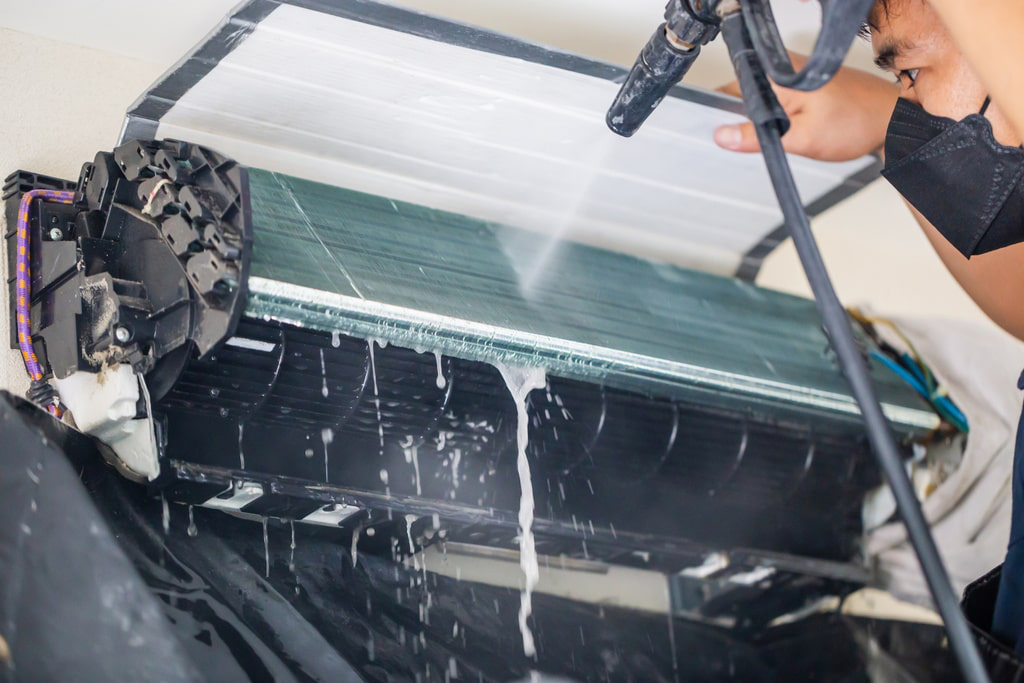Deciding on the Proper HVAC Unit for Your House

Picking a suitable HVAC solution for your home can seem daunting, notably given the many choices and technical features to consider. Regardless of whether you are erecting a brand new house, updating, or simply wanting to upgrade your present system, comprehending the concept of HVAC and its functioning is vital. HVAC refers to heat, ventilation, and cooling, and it holds a key role in ensuring the comfort of your home all year long. This introductory guide will guide you through the main elements of HVAC systems, common problems and their resolutions, and maintenance tips to maintain your system efficiently.
As you explore the different kinds of HVAC systems that are offered, you will notice that they all have distinct attributes and advantages. From traditional central air systems to modern ductless mini-splits and geothermal heat pumps, the options can be overwhelming. Grasping the impact of various systems on energy efficiency and indoor air quality can assist you make an informed decision that fulfills your comfort requirements but also aligns with your financial plan. By the end of this article, you will be armed with important information to select the ideal HVAC solution for your residence and enjoy a comfortable living environment all year long. spintax ### Grasping HVAC Systems
HVAC stands for Heat, Ventilation, and Temperature Control, which are main components responsible for maintaining indoor well-being. An HVAC system controls climate, dampness, and air quality throughout residential and industrial spaces. Knowing each of these components is crucial for choosing the best system for your house or commercial entity. Heating systems consists of various methods to heat indoor spaces, while air conditioning cools and dehumidifies the air. Airflow ensures a continuous circulation of new air to ensure a healthy atmosphere.
An HVAC system typically is made up of a heater or heating pump for heat generation, an cooling system for temperature reduction, and ductwork or other means of circulating conditioned air throughout the space. AC repair may additionally include connected thermostats, air filters, and humidity control features, that improve both comfort and energy efficiency. By optimizing these components, homeowners can create a pleasant living environment while lowering energy consumption.
Moreover, understanding the interplay of these components can assist in solving typical issues and making wise decisions about maintenance and enhancements. Regular servicing and timely repairs are crucial to lengthening the lifespan of an HVAC system. As technology advances, upcoming innovations arising within the HVAC field suggest better energy efficiency and better indoor air quality, further benefiting health and comfort in houses and work spaces alike.

Frequent HVAC Issues and Solutions
A of the most frequent problems homeowners face with their HVAC units is insufficient heating or cooling. This issue can stem from several sources, including a dirty air filter, which restricts airflow and reduces efficiency. Another potential cause is improperly sealed ductwork, which can lead to significant energy waste. To address this problem, start by checking and replacing air filters on a regular basis, and inspect ductwork for any leaks that need sealing.
Another prevalent issue is the strange noises coming from the HVAC system, such as clattering, thumping, or hissing. These sounds can suggest technical problems or unsecured components. The first step is to ensure that mounting brackets and screws are tight. If the sounds continue, it may be necessary to contact a certified technician who can diagnose and resolve deeper mechanical issues efficiently.
Lastly, a defective thermostat can lead to substantial discomfort and energy inefficiency. If your HVAC system is running all the time or not reacting to temperature changes, adjusting or replacing the thermostat could be a practical solution. Smart thermostats provide additional benefits, such as programming features and remote access, helping homeowners improve their heating and cooling settings while potentially lowering energy bills.
HVAC Efficiency and Care Tips
To ensure your HVAC system operates efficiently, one of the primary strategies is regular maintenance. Scheduling seasonal tune-ups can help detect possible problems before they worsen, making sure that your system runs smoothly throughout the year. A professional technician can maintain the coils, check refrigerant levels, and examine other vital components, which can result in enhanced performance and longevity of your system.
Moreover, being mindful of your thermostat settings can considerably affect your energy bills. During winter, setting your thermostat a couple degrees lower while wearing warmer clothing can reduce heating costs. In summer, adjusting the temperature a few degrees can reduce air conditioning expenses while still keeping your home pleasant. Think about investing in a smart thermostat that automatically adjusts based on your schedule or the weather, maximizing energy use.
Lastly, improving your home’s insulation and sealing air leaks can be very effective for your HVAC efficiency. Insulating walls, attics, and ductwork reduces energy loss, while weatherstripping windows and doors stops conditioned air from escaping. By taking these steps, you not only enhance the comfort of your home, but also create a more energy-efficient environment, leading to reduced utility bills and a reduced carbon footprint.
